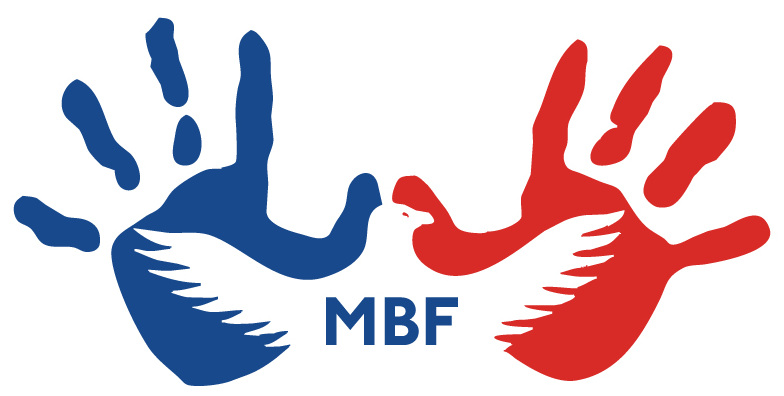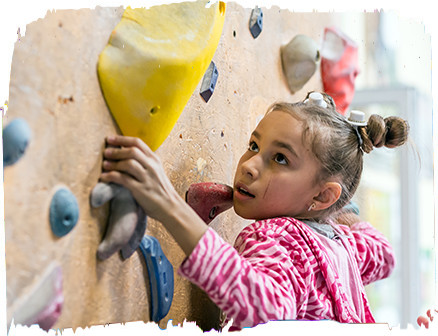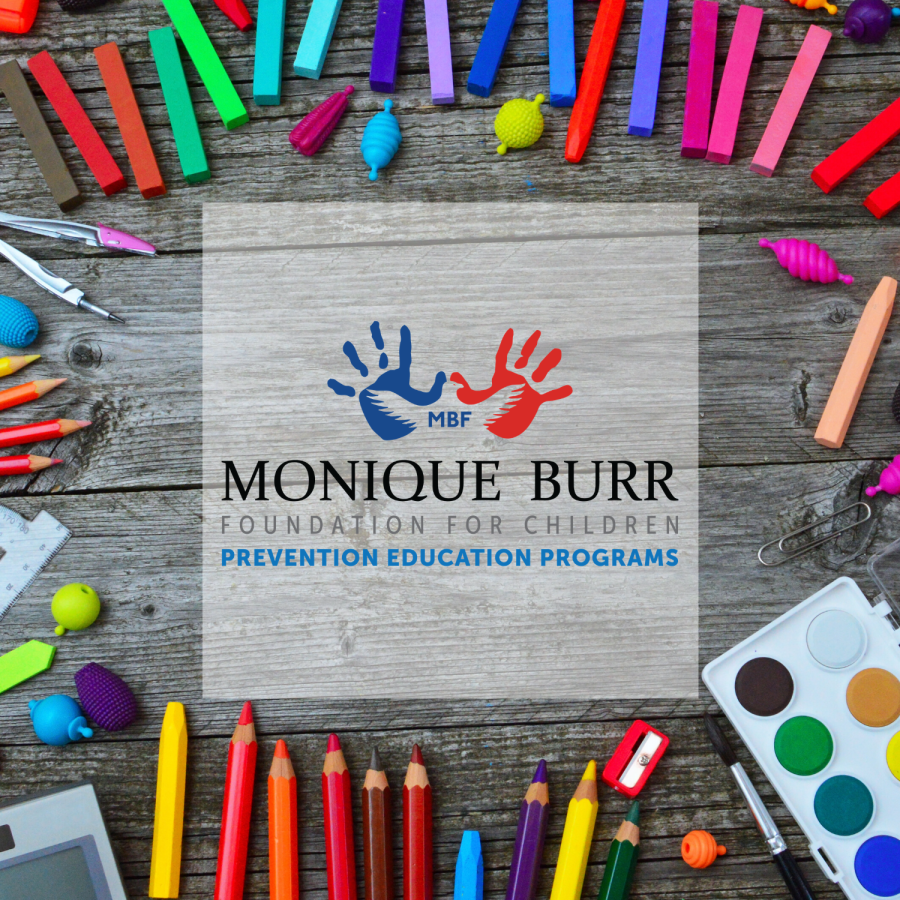Summer is a time when many children and teens attend camps and other programs to keep them busy and active. While most are generally safe places for children, parents need to be aware that predators look for places where children congregate to find potential victims. To ensure your child’s safety, it’s important to learn what to look for in organizations, programs, and camps where you plan to leave your children. It’s also important to know what questions to ask organizations about their child protection policies to ensure the organization is aware of and actively works to minimize common risks to children.
Questions Parents Should Ask:
- Is the camp accredited by the American Camp Association? ACA Accreditation assures parents that the camp has had a regular, independent safety audit that goes beyond regulations in most states. While no accreditation process, licensing program, or set of regulations or laws can guarantee safety, accreditation is the best evidence for parents that a camp is committed to providing a safe and nurturing environment for their children.
- What types of child safety training do counselors or staff receive? At a minimum, camp staff should be trained in safety regulations, emergency procedures and communication, behavior management techniques, child abuse prevention, appropriate staff, and camper behavior, and specific procedures for supervision.
- What is the counselor-to-camper or staff-to-child ratio? In general, smaller group sizes help ensure that there are enough staff members to maintain safety. Lower counselor-to-camper or staff-to-child ratios can also serve as an indicator of a higher-quality program, because a child care provider or camp counselor can be more sensitive and responsive to children’s needs if he/she is responsible for a smaller group of children. This helps create an environment where children can feel emotionally secure, because staff members or counselors get to know the children well, can individualize interactions, and are able to be more responsive and can nurture relationships between the children. Check out the ACA website for an overview on recommended counselor-to-camper ratios.
- Is there a policy prohibiting one staff member being alone with a child? Most sexual abuse occurs in one adult-one child situations, so if an organization prohibits one adult – one-child situations, it minimizes the risk of abuse happening.
- How are behavioral and disciplinary problems handled? Rules are necessary in any organization and the disciplinary approach taken should be reasonable and well communicated. If penalties are involved for violations, they should be applied quickly, fairly, calmly, and without undue criticism to children. Parents should verify that an organization doesn’t use corporal punishment as research has shown that it is not effective as a disciplinary measure.
Even if your child is not attending a summer camp program, there are still many new places that they may encounter. Whether they are having a sleepover at a friend’s house, attending a music lesson at a new studio, or going on a family vacation, it is important to keep them safe at all times.
Things to Talk to Your Child About Before They Go:
- Remind them that if they feel uncomfortable or unsafe at any time to let you know so that you can come to pick them up. It may be helpful to set up a code word they can text to you or call you with.
- Ensure that they know your contact info, their address, and other relevant personal information in case of an emergency.
- Make sure they know you expect them to check-in at regular intervals. It may be helpful to set up a regular schedule for them to check-in.
- Remind them (and the parent, guardian or Safe Adult they will be with) that they are not to be left alone, or left with anyone you don’t know, at any time.
- Establish a place to meet up, so that if they get lost, they know where to go, and you (or another Safe Adult) can find them easily.
Additional Considerations:
- When possible, drop in unannounced at different times to ensure your child is being cared for and is happy and safe.
- Ask your child questions at the end of each day. Listen for anything that might indicate they are fearful, unhappy, or hesitant to return.
Familiar Places:
Even if you and your child are in a familiar place, you still need to be alert and on the look out for possible dangers, as predators often frequent places where children (and families) congregate. By taking a proactive approach, you can help limit the dangers your child may be exposed to.
- Know where your child is at all times, and stay close enough that you can intervene if there’s trouble.
- Make it a rule that your child must ask permission or check in with you before going anywhere, even if it’s to another area of the playground or park.
- Children (even older kids) should not go to the bathroom alone in a park, amusement park, or other venue. They should at least have a buddy with them, if not another Safe Adult or parent.
- Show your child safe places to play, safe roads and paths to take, and safe places to go if there’s trouble.
- Encourage your child to avoid playing or going places by themselves. There’s safety in numbers!
- Work together with other Safe Adults to watch out for suspicious or unusual behavior in your neighborhood, park or playground.
Additional Resources:
-
- More Summer Safety Tips and talking points to help you better protect your children.
-
- Read what you can do to help prevent abuse during school breaks.
-
- Follow these Sleepover Safety Tips, from Darkness to Light, to help better protect your child during summer sleepovers.




